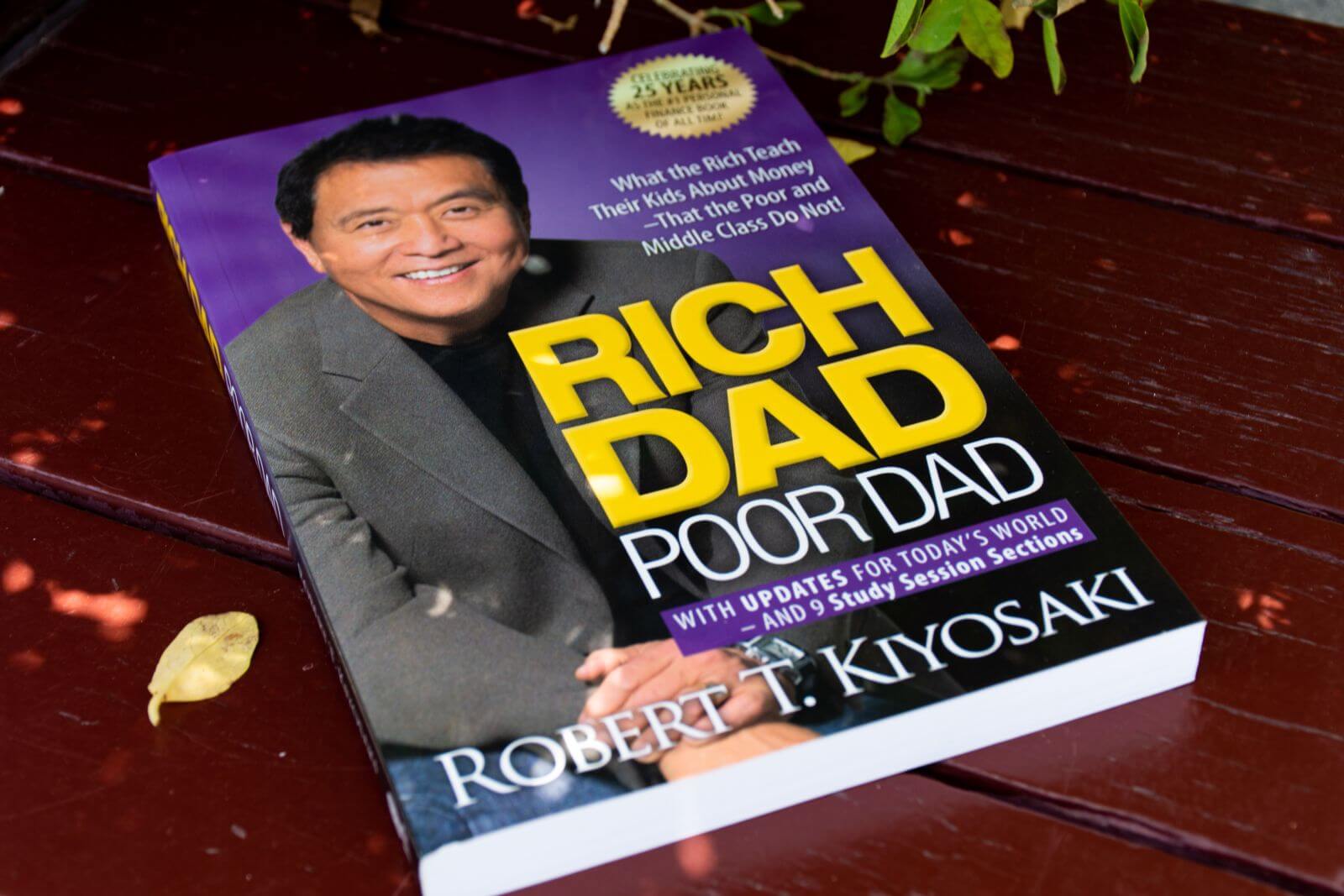‘Your House is Not an Asset’: Rich Dad Poor Dad Author Robert Kiyosaki Warns on Dangers of Home Ownership

In his influential book Rich Dad Poor Dad, Robert Kiyosaki famously declared, “Your house is not an asset.” This assertion challenges conventional financial wisdom, which often regards homeownership as a cornerstone of wealth building. Kiyosaki's perspective is rooted in his broader philosophy that emphasizes financial literacy, making smart investments, and the importance of distinguishing between assets and liabilities.
Kiyosaki defines an asset as something that puts money into your pocket, while a liability takes money out. Under this framework, a primary residence - which typically incurs ongoing expenses such as mortgage payments, property taxes, maintenance, and insurance - qualifies as a liability rather than an asset.
The author elaborates on this viewpoint in his article titled "Rich Dad Scam #6: Your House is an Asset," where he discusses how the misconception of a home as an asset can lead individuals to make financial decisions that hinder wealth accumulation.
This perspective has sparked considerable debate, particularly in light of recent economic developments. The housing market has experienced significant fluctuations, with rising interest rates and property taxes increasing the cost of homeownership. These factors underscore Kiyosaki's argument that a personal residence, while providing shelter and potential long-term appreciation, does not generate immediate income and therefore should not be considered an asset in the traditional sense.
Don’t Miss:
- Move over Netflix & Disney: This Pre-IPO Startup Is Unlocking $2 Trillion in IP & Licensing Revenue
- Global Content Battles Are Brewing — And This Pre-IPO Studio Just Raised $3.1M to Enter the Fight
Thirty-year mortgage rates are currently teetering around their highest point since the early 2000s. On some days, 30-year rates are clearing 7%. According to Zillow, the median home value in the U.S. is just under $370,000. That means anyone buying a home would be spending $25,900 per year in interest for their first year - and that doesn’t include insurance, property taxes, repairs or other costs.
Breaking down the expenses in this light makes the commitment a bit less appealing. The counterpoint to this, obviously, is that there are very few alternatives to buying. Renting, for example, will cost roughly the same per month - except you probably have less square footage, no yard, and that money all goes to a landlord instead of building equity.
However, Kiyosaki counters that these benefits are speculative and do not provide the immediate financial returns associated with true assets. He encourages individuals to critically assess their financial decisions and consider the long-term implications of their investments.
All of this said, Kiyosaki doesn’t dismiss the value of real estate entirely; instead, he distinguishes between personal residences and income-generating properties. He advocates for investing in assets that produce cash flow, such as rental properties, which can provide a steady income stream and potential tax benefits. This approach aligns with his broader financial philosophy, which emphasizes the importance of acquiring assets that contribute to financial independence and wealth accumulation.
Robert Kiyosaki's assertion that "your house is not an asset" serves as a provocative challenge to traditional financial beliefs. By redefining assets and liabilities in terms of cash flow, he urges individuals to reevaluate their financial strategies and focus on investments that generate income. This perspective, while controversial, offers valuable insights into wealth building and financial independence.
On the date of publication, Caleb Naysmith did not have (either directly or indirectly) positions in any of the securities mentioned in this article. All information and data in this article is solely for informational purposes. For more information please view the Barchart Disclosure Policy here.